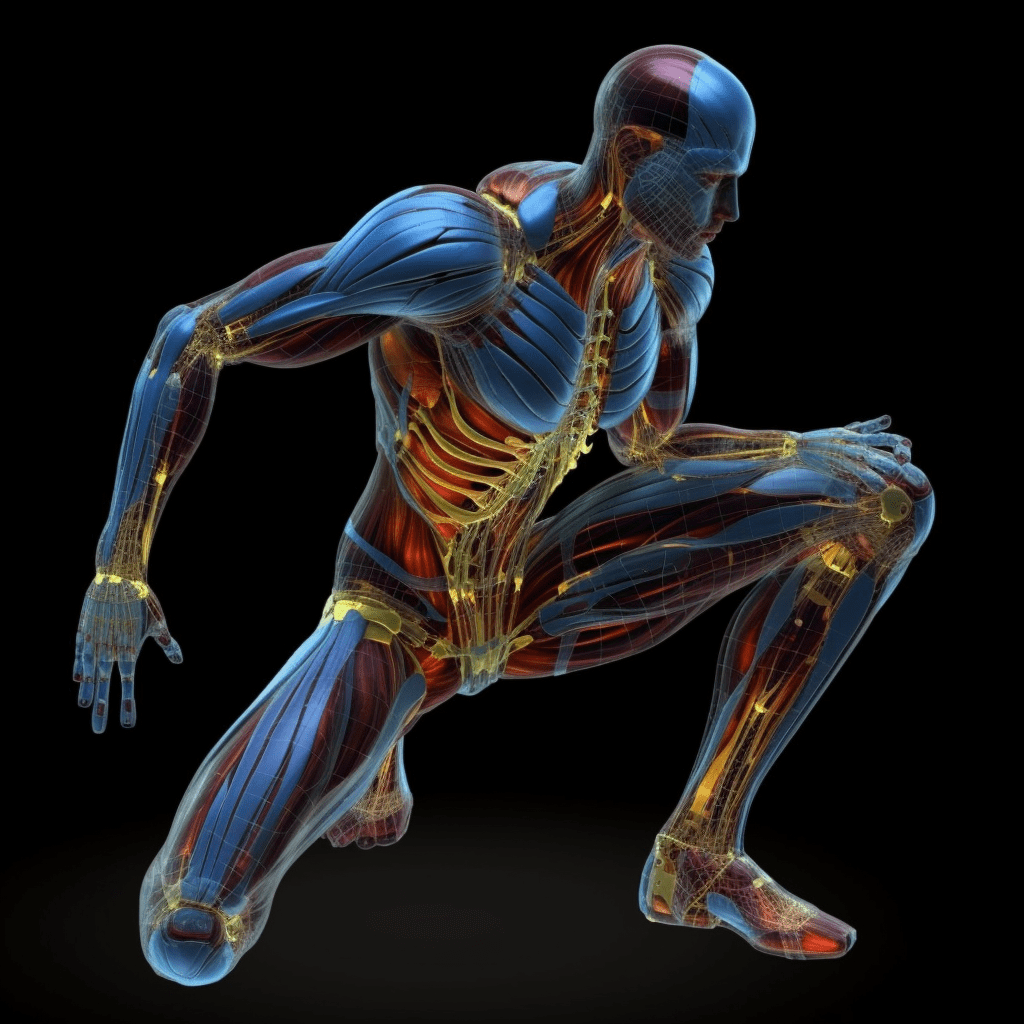1. Introduction to Expressive Arts Therapy
Expressive arts therapy is a therapeutic approach that uses creative activities such as art, music, movement, drama, and writing to improve mental and emotional well-being. It is based on the belief that creative expression can help individuals explore their inner experiences, process emotions, and manage stress.
2. How Expressive Arts Therapy Reduces Stress
Expressive arts therapy reduces stress by providing a safe and cathartic outlet for emotions. When individuals engage in creative activities, they can express their thoughts and feelings in a non-verbal way, which can be less stressful than talking about them. Creative expression also allows individuals to connect with their inner selves, promoting self-awareness and a greater sense of control.
3. Benefits of Expressive Arts Therapy for Stress Relief
Expressive arts therapy offers numerous benefits for stress relief, including:
- Reduced anxiety and depression
- Improved mood and emotional well-being
- Increased self-awareness and acceptance
- Enhanced coping mechanisms for stress
- Improved cognitive function and memory
4. Different Types of Expressive Arts Therapies
There are various types of expressive arts therapies, each with its unique focus and benefits:
- Art therapy: Uses visual art materials such as paint, clay, and collage to explore emotions and resolve conflicts.
- Music therapy: Involves using music and sound to promote relaxation, regulate emotions, and improve communication.
5. Art Therapy for Stress Relief
Art therapy is a powerful tool for stress relief. By engaging in creative art-making, individuals can reduce stress levels, improve mood, and promote relaxation. Creating art can help them process emotions, express themselves non-verbally, and gain a sense of accomplishment.
6. Music Therapy for Stress Relief
Music therapy is another effective expressive arts therapy for stress relief. Listening to music has been shown to reduce stress hormones, improve mood, and promote relaxation. Active participation in music-making, such as playing an instrument or singing, can further enhance stress reduction by engaging the mind and body.
7. Dance/Movement Therapy for Stress Relief
Dance/movement therapy involves using movement and dance to express emotions and promote stress relief. Engaging in rhythmic and expressive movement can help release tension, improve mood, and reduce anxiety. Dance therapy can also foster a sense of community and support, which can be beneficial for stress reduction.
8. Drama Therapy for Stress Relief
Drama therapy uses role-playing, improvisation, and storytelling to help individuals explore their emotions and develop coping mechanisms for stress. By engaging in dramatic activities, individuals can gain insights into their own experiences, practice new behaviors, and build self-confidence. Drama therapy can be particularly effective for reducing stress caused by social anxiety or relationship issues.
9. Writing Therapy for Stress Relief
Writing therapy, also known as expressive writing, involves using written expression to explore emotions and manage stress. By putting thoughts and feelings into words, individuals can gain a greater understanding of their experiences, process emotions, and reduce stress levels. Writing therapy can be done through journaling, creative writing, or therapeutic letter writing.
10. Finding an Expressive Arts Therapist
Finding an expressive arts therapist is important to ensure a safe and effective therapeutic experience. Look for a therapist who is licensed and certified in expressive arts therapy and who has experience working with clients experiencing stress. Consider the therapist's approach, personality, and availability to find a good fit for your needs.
FAQ
What are the benefits of expressive arts therapy for stress relief?
Expressive arts therapy offers numerous benefits for stress relief, including reduced anxiety and depression, improved mood and emotional well-being, increased self-awareness and acceptance, enhanced coping mechanisms for stress, and improved cognitive function and memory.
What are the different types of expressive arts therapies?
Common types of expressive arts therapies include art therapy, music therapy, dance/movement therapy, drama therapy, and writing therapy.
How can I find an expressive arts therapist?
Look for a therapist who is licensed and certified in expressive arts therapy and who has experience working with clients experiencing stress. Consider the therapist's approach, personality, and availability to find a good fit for your needs.
Is expressive arts therapy right for everyone?
Expressive arts therapy can be beneficial for individuals of all ages and backgrounds. However, it may not be suitable for everyone. If you have any concerns, discuss them with a healthcare professional or therapist.


